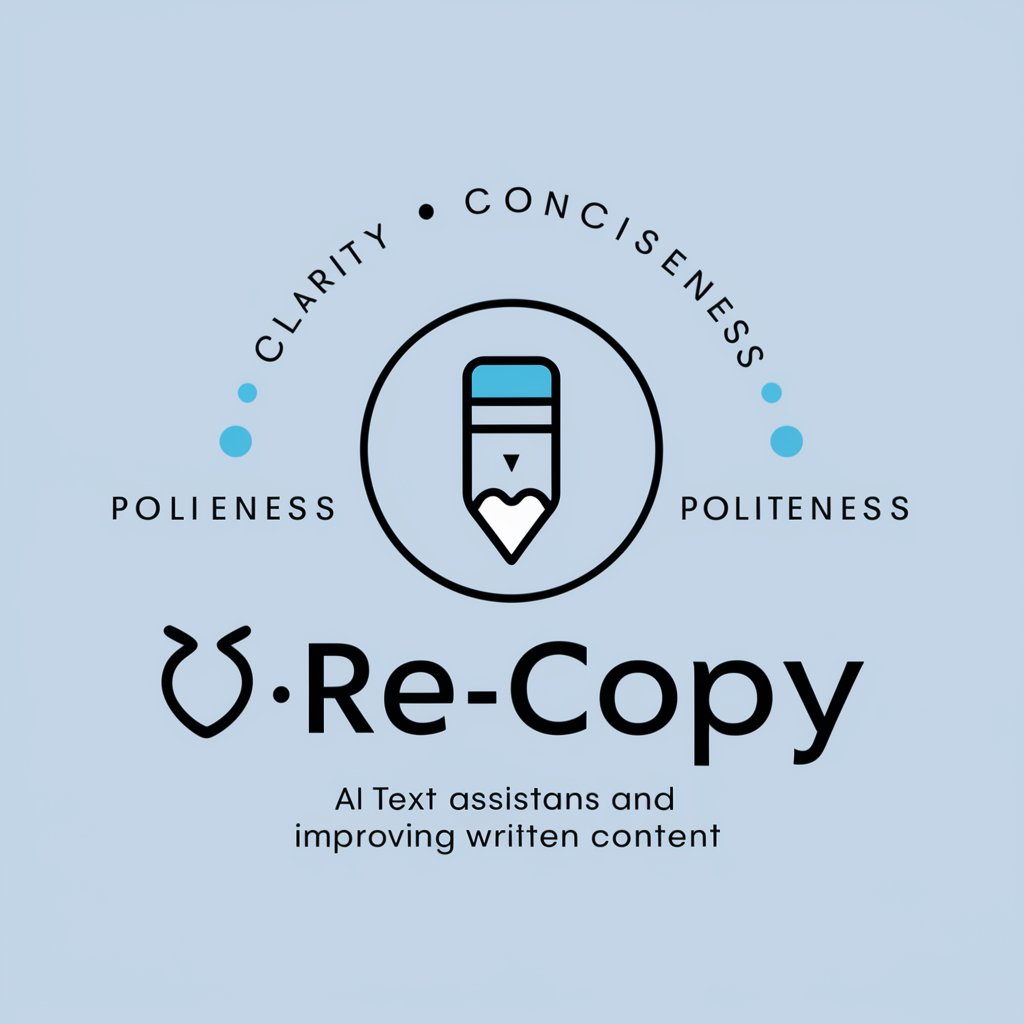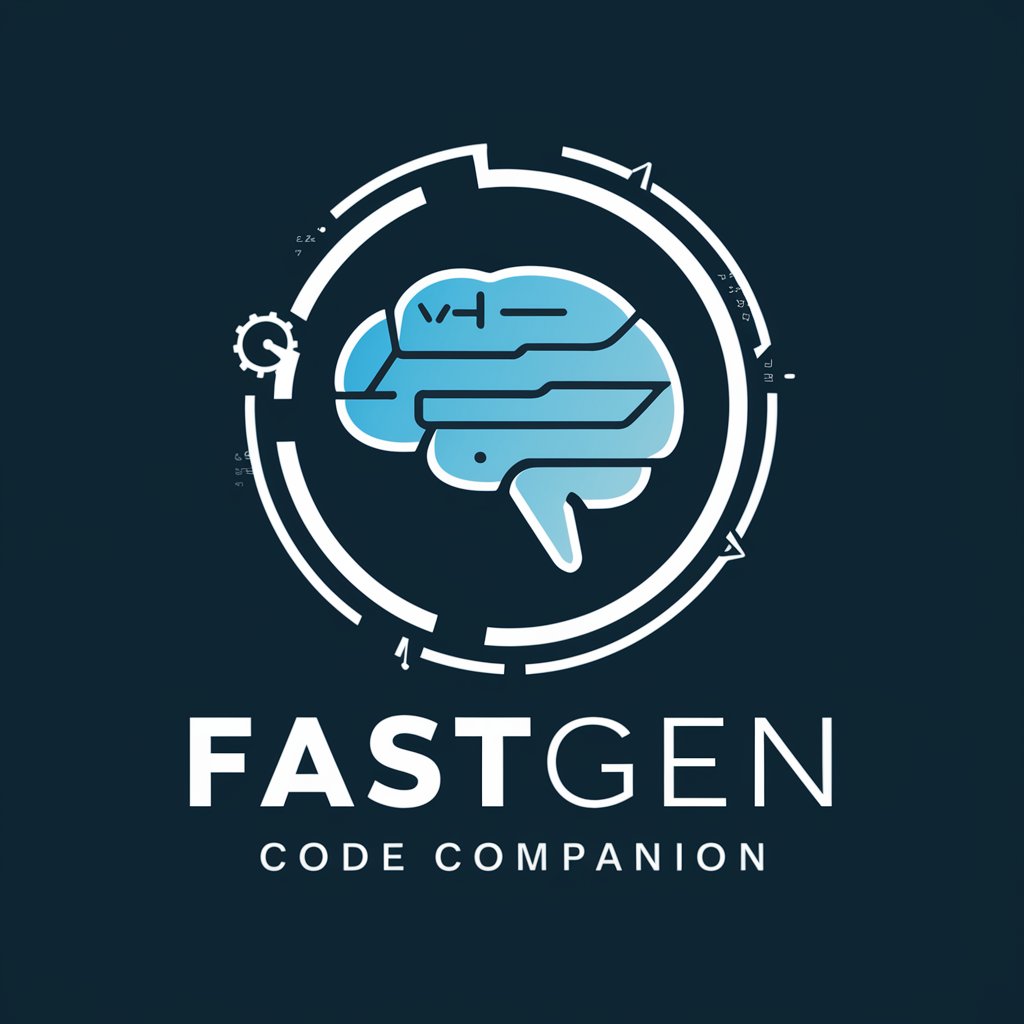
Word Press helper - WordPress coding support

Hello! Need help with WordPress? I'm here to assist.
Empowering WordPress development with AI
How do I customize my WordPress theme to...
What is the best way to create a custom plugin for...
Can you help me debug this WordPress code...
How do I securely update my WordPress site with...
Get Embed Code
WordPress Helper Introduction
WordPress Helper is a specialized tool designed to assist with advanced WordPress tasks, including theme customization, plugin development, and code debugging. It's proficient in PHP, HTML, CSS, JavaScript, and WordPress's internal structures, helping users with both basic and advanced functionalities. For instance, if a user wants to modify a theme's layout by changing the way a post is displayed or wishes to create a custom plugin to add specific functionality, WordPress Helper can guide them step-by-step. It's like having an expert WordPress developer at your fingertips, ready to answer questions, debug code, and offer tailored advice. Powered by ChatGPT-4o。

Core Functions of WordPress Helper
Theme Customization
Example
Altering the structure of a blog post in a child theme.
Scenario
A user wishes to modify their theme to display the post meta information differently. WordPress Helper guides them through creating a child theme and provides the exact code snippets to implement custom meta display logic.
Plugin Development
Example
Creating a custom plugin to display a social media feed.
Scenario
A small business owner wants to showcase their Instagram feed on their website. WordPress Helper provides a step-by-step guide to creating a plugin, fetching the Instagram API data, and outputting it in a user-friendly manner.
Code Debugging
Example
Identifying and fixing PHP errors in a custom plugin.
Scenario
A developer encounters errors in their plugin code. WordPress Helper reviews the error messages, suggests improvements, and provides corrected code to solve the issue.
Optimizing Website Performance
Example
Implementing caching and image optimization.
Scenario
A blogger notices slow page load times. WordPress Helper guides them through setting up a caching plugin, compressing images, and implementing lazy loading to improve performance.
Security Enhancements
Example
Configuring two-factor authentication (2FA) and strengthening login security.
Scenario
A website owner wants to protect their site from brute force attacks. WordPress Helper provides instructions for configuring 2FA, limiting login attempts, and updating the database prefix for additional security.
Search Engine Optimization (SEO)
Example
Improving website SEO by customizing meta tags and structured data.
Scenario
A content creator wants to improve their site's ranking on search engines. WordPress Helper offers recommendations on customizing meta tags, creating an XML sitemap, and adding structured data to enhance visibility.
Ideal User Groups for WordPress Helper
Developers
Professional or hobbyist developers who need assistance with advanced coding issues, plugin development, or theme customization. They benefit from WordPress Helper's detailed technical advice and debugging capabilities.
Small Business Owners
Entrepreneurs and small business owners managing their WordPress websites. They use WordPress Helper to implement new features, improve performance, and enhance security without hiring a full-time developer.
Bloggers and Content Creators
Individuals focused on content creation who wish to optimize their website's SEO, customize layouts, or enhance user engagement. WordPress Helper provides actionable guidance on improving site visibility and user experience.
Agencies
Digital agencies handling multiple WordPress projects concurrently. They leverage WordPress Helper's expertise to streamline client site development, quickly troubleshoot issues, and deliver high-quality custom solutions.
Educators and Learners
Educators teaching WordPress development and students learning it for the first time. WordPress Helper helps them with practical examples, comprehensive guides, and real-world coding scenarios.

Using WordPress Helper: A Step-by-Step Guide
Step 1
Start by visiting yeschat.ai for a free trial, no login or ChatGPT Plus required.
Step 2
Choose 'WordPress Helper' from the list of available GPTs to initiate your specific WordPress-related inquiries.
Step 3
Enter your WordPress coding question or task in the provided input field to receive a customized response or code snippet.
Step 4
Utilize the provided solutions or code examples directly in your WordPress environment for theme customization, plugin development, or troubleshooting.
Step 5
For optimal results, clarify your questions with specific details about your WordPress setup or the issue you're encountering.
Try other advanced and practical GPTs
Python Prodigy
Elevate Python development with AI power

PR Maestro
Empowering PR with AI Insights

Finance Prof
Empowering finance with AI.

Re-Copy
Polish Your Text with AI Power

Chatty Buddy
AI-powered conversational English coach

Doctor Assistant
Enhancing Medical Decisions with AI

Bildkünstler
Enhance Your Images with AI Power

Eberron Archivist
Discover Eberron: AI-Powered Lore Explorer

BedtimeStoryGPT
Dream up stories with AI

DSPy Guide v2024.2.7
Harness AI for smarter data interaction

Fastgen Code Companion
AI-powered code automation at your fingertips

Code Guru
Elevate coding with AI power

Frequently Asked Questions about WordPress Helper
What programming languages does WordPress Helper support?
WordPress Helper supports PHP, HTML, CSS, and JavaScript, which are the core technologies used in WordPress development.
Can WordPress Helper assist with plugin development?
Yes, WordPress Helper can assist in developing custom plugins by providing guidance on coding best practices, code snippets, and debugging tips tailored to your plugin needs.
How can I ensure my code is secure when using WordPress Helper?
WordPress Helper provides up-to-date coding practices and security guidelines to help you write secure WordPress code and mitigate common security vulnerabilities.
Does WordPress Helper offer theme customization advice?
Absolutely, WordPress Helper can offer detailed advice on theme customization, from minor aesthetic changes to complex functionality enhancements within your WordPress theme.
What should I do if the provided solution doesn’t work as expected?
If a solution doesn't work as expected, refine your question with more details or specific error messages you are encountering. WordPress Helper can provide further assistance based on the updated information.






